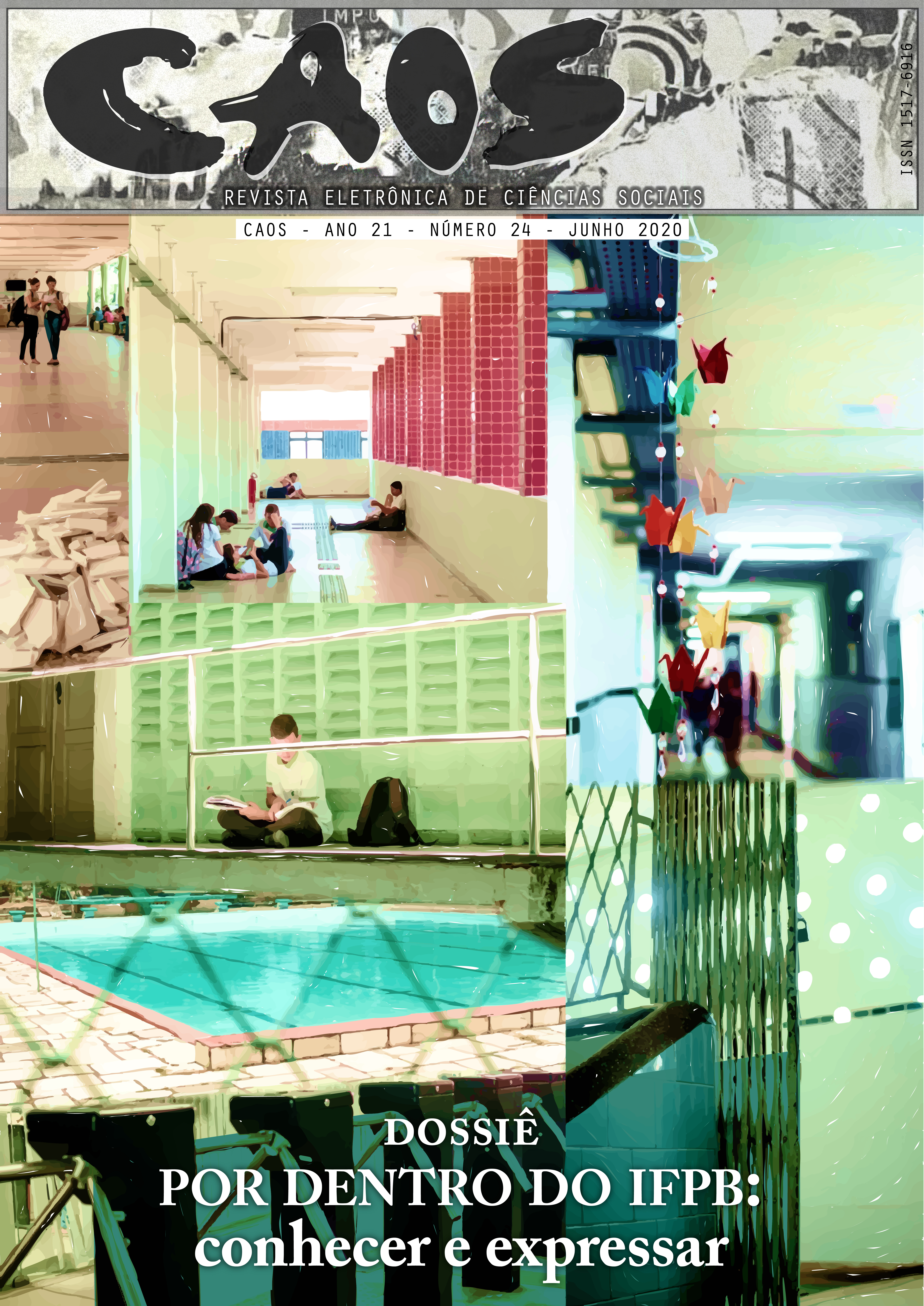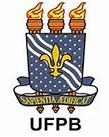“QUANDO NÃO TEM MAIS JEITO”: espiritualidade e terapias complementares como paliativos no tratamento oncológico
DOI:
https://doi.org/10.46906/caos.n24.48255.p169-183Keywords:
Cancer; Health; Spirituality; Palliative Care., Cancer, Health, Spirituality, Palliative Care.Abstract
The article suggests some possible reflections on the symbolic universe of subjects affected by cancer disease, and who need to get cancer treatment by the Public Health System (SUS) in the city of Teresina (Piauí). The discussion of the study highlights the contributions of anthropology of health and religion to the construction of new perspectives on health practices, despite the transits between scientific and non-scientific therapies. It aims to understand how the spiritual, religious, alternative and complementary resources stimulate the production of meanings about cancer and, as they generate expectations of cure of the disease, during the path of the sick. It was also investigated the emotional culture elaborated by ill subjects, through semi-structured interviews, during the field visits at the Associação Esperança e Vida, a philanthropic care institution for low-income cancer patients in Teresina. It is noteworthy that this article is an offshoot of ethnography produced during the master's degree in anthropology at the Federal University of Piauí. The authors with whom I conducted the empirical dialogue are: Clifford Geertz, David Le Breton, Edgar Morin, Francisca Veronica Cavalcante, Marcel Mauss, among others. Therefore, the study evidenced that it is necessary the understanding of health professionals and caregivers about the importance of the spiritual apparatus for the subjects without therapeutic perspectives of cure.
Downloads
Metrics
Published
Issue
Section
License
A Caos é regida por uma Licença da Creative Commons (CC): CC BY-NC 4.0, aplicada a revistas eletrônicas, com a qual os autores declaram concordar ao fazer a submissão. Os autores retêm os direitos autorais e os de publicação completos.
Segundo essa licença, os autores são os detentores dos direitos autorais (copyright) de seus textos, e concedem direitos de uso para outros, podendo qualquer usuário copiar e redistribuir o material em qualquer suporte ou formato, remixar, transformar e criar a partir do material, ou usá-lo de qualquer outro propósito lícito, observando os seguintes termos: (a) atribuição – o usuário deve atribuir o devido crédito, fornecer um link para a licença, e indicar se foram feitas alterações. Os usos podem ocorrer de qualquer forma razoável, mas não de uma forma que sugira haver o apoio ou aprovação do licenciante; (b) NãoComercial – o material não pode ser usado para fins comerciais; (c) sem restrições adicionais – os usuários não podem aplicar termos jurídicos ou medidas de caráter tecnológico que restrinjam legalmente outros de fazerem algo que a licença permita.
Recomendamos aos autores que, antes de submeterem os manuscritos, acessem os termos completos da licença (clique aqui).
















